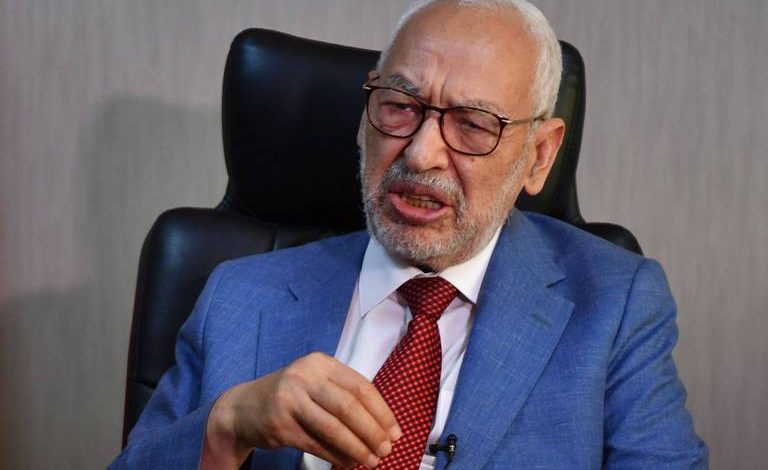Tunisia’s constitution repairs the destruction of the Brotherhood – details

A new draft constitution in Tunisia cuts off all rights and freedoms with a Muslim Brotherhood path and puts a law on the scale of the ambitions of organizing the depletion of the state and its people.
A draft that experts in constitutional law agree is tantamount to a break with a constitution drafted and promulgated by the Brotherhood in 2014. It marks a positive turning point in a reform process initiated by President Kais Saied since July 25, 2021, and complements his efforts with a referendum on a new constitution to govern the affairs of the state and extricate its people from distress.
On Monday, Tunisians will vote on a new draft constitution that makes fundamental differences with the 2014 constitution, in disagreements that increase his chances of winning popular support.
The following are the main points of the new draft constitution, which is expected to gain popular acceptance.
According to AFP, the major change to the constitution is the clear establishment of a presidential system in which the president no longer has the powers of defense and foreign affairs as stipulated in the 2014 constitution, but has expanded beyond that the powers to appoint the government and judges and reduce the previous influence of parliament.
The President of the Republic has the right to appoint the Head of Government and the other members of the Government on the proposal of the Head of Government. The Constitution also authorizes him to dismiss the Prime Minister without any role in the Parliament.
The president, the commander-in-chief of the armed forces, also has the power to regulate the general policy of the state and determine its basic choices, and his legal projects have the “priority of consideration” by MPs.
Moreover, the legislative function is divided between the Assembly of the Representatives of the People, whose deputies are elected by direct vote for a five-year term, and the National Council of Regions, which includes elected representatives from each region. A law defining its functions will be passed later.
The establishment of this council falls within the framework of President Kais Saied’s vision of the decentralization of the decision, and that solutions for marginalized regions that lack development must be proposed by the people.
The president accepts the government’s resignation after submitting a motion of censure approved by a two-thirds majority of both houses.
He maintained the “freedom of belief and conscience” enshrined in the 2014 constitution.
Chapter 55 provides that “Restrictions shall be placed on the rights and freedoms guaranteed by this Constitution only by virtue of a law and the necessity required by a democratic system and with the aim of protecting the rights of others or the requirements of public security, national defense or public health”.
Although the Brotherhood tried to play on this separation by claiming that it gives the authorities great scope to limit freedoms without censorship, the clarifications of constitutional law experts confirmed that it does not affect freedoms but supports them.
In sum, the new draft constitution provides the legal basis as the supreme law of the country, for a reform path cut short by the era of Brotherhood rule that confounded the state’s wheels and led it to the brink of bankruptcy, striking at citizens’ purchasing power and triggering a crippling crisis.












